That was the opinion of most delegates at the discussion "Revenue sources in the digital age: Not just advertising, newspapers must sell more things" held within the framework of the National Press Conference on the morning of June 20.
Authenticity, the core strength of journalism
Associate Professor, Dr. Le Hai Binh, Permanent Deputy Minister of Culture, Sports and Tourism, shared about the rapid movement of world press and media. He affirmed: "Currently, up to 40% of readers still want to find mainstream press."
The good news is that not only older readers but also young people want to hold a printed newspaper in their hands and feel the smell of new ink - an experience that seems to only exist in memory.
Deputy Minister Le Hai Binh cited the impressive story of a nearly 1km long queue of people, mostly young people, to receive a special edition of Nhan Dan Newspaper on the occasion of the 50th anniversary of the Liberation of the South and National Reunification. This is a clear sign that the trust and attachment of readers to mainstream journalism is still very strong, not only among older readers but also among the younger generation.
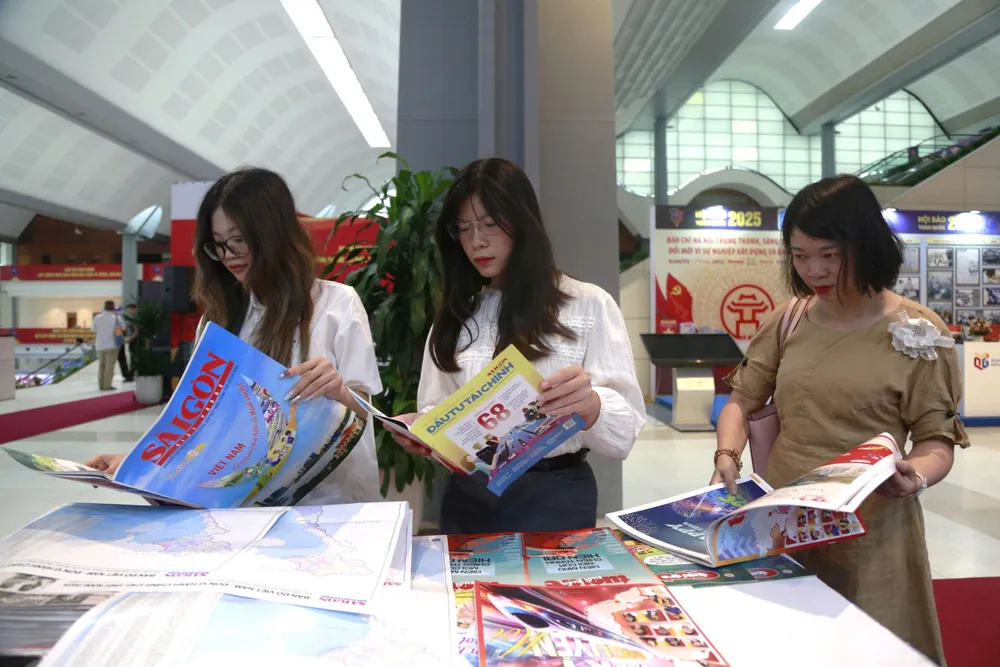
Continuing the perspective on trust, Dr. Le Quoc Vinh, Media Expert, Chairman of Le Group of Companies, pointed out that the press is facing many major challenges, including the explosion of digital space, changes in public information reception habits, challenges in revenue sources and business models, along with the issue of trust and fake news. However, in an era where the speed of information is emphasized on social networks, traditional press has a superior advantage in terms of authenticity.
Mr. Le Quoc Vinh believes that the biggest problem of the press today is "finding the trust of the public and readers based on the truth". He explains: "Journalists cannot be as fast as social networks, because each piece of information must go through a strict search, verification, and censorship process. Meanwhile, on social networks, everyone posts whatever they have, even if they just hear a rumor, they rush to share it". It is this carefulness that creates the distinct value of mainstream journalism.
“The press must also be a beacon when the public is uncertain whether the information they read on social media is true or false. They must seek out the press to confirm whether the information is believable or not. That is the power of the press...”, Dr. Le Quoc Vinh emphasized.
From “well-written” to “viable”, journalism is forced to change
In the context of declining traditional advertising revenue and increasingly fierce competition from digital platforms, the press - although still considered an anchor of trust and a channel for verifying information - cannot stop at just a reflection role. The press must create value, proactively propose solutions and reshape its business model to be able to sustain itself.
Mr. Nguyen Van Ba, Editor-in-Chief of VietNamNet Newspaper, emphasized: “If journalism is considered a profession, then like any other profession, it must support itself. It cannot live on ideals forever. It cannot exist without cash flow.” According to him, journalism is no longer just a matter of “writing well, working quickly” but must solve the problem of survival: how to survive on the value you create?
“The press does not only sell news, but also needs to exploit in-depth information services, strategic consulting, event organization, data provision, brand building and most importantly, selling trust,” Mr. Ba emphasized. This is a comprehensive transformation in the mindset of operating and doing business in the press.
Further analyzing the business model, Ms. Phan Dang Tra My, Deputy General Director of Strategy of VCCorp, said that the press is not lacking content but rather lacking commercializable products. The traditional advertising sales model is outdated as users switch to two-way interactive platforms, while businesses need communication solutions that can measure effectiveness.
“The press needs to shift its focus from publishing news and selling advertising to providing integrated marketing solutions and building brands for businesses. If the press itself does not value itself properly, do not expect the market to do it for you,” said Ms. My.
Many new models have been suggested: charging membership fees for exclusive content, organizing specialized events, developing e-commerce or affiliate marketing based on loyal reader files. Mr. Tran Xuan Toan, Deputy Editor-in-Chief of Tuoi Tre Newspaper, affirmed: “Sustainable revenue for newspapers must come from readers’ payments. As was done before with print newspapers, online newspapers and digital platforms must also be able to do it.”
However, according to Mr. Toan, this cannot be done by one newspaper alone but requires the cooperation of the entire industry. “Obviously, international newspapers survive thanks to readers with revenues of millions of dollars each month, why can’t we do it?”, he asked.
Mr. Mai Ngoc Phuoc, Editor-in-Chief of Ho Chi Minh City Law Newspaper, shared that in the context of difficulties for printed newspapers, electronic newspapers and social networks have become the main source of revenue. “We have about 1-1.2 million reads/day on electronic newspapers and 5 million views/day on social networks. Thanks to that, we attract media advertising.”
Another source of revenue is cooperation with technology companies. However, “the biggest headache is innovating technology to keep up with the needs of readers and businesses,” said Mr. Phuoc.
Chairman of the Vietnam Journalists Association Le Quoc Minh also emphasized: “Promoting policy communication is necessary, but it should not turn into a mechanism of asking and giving. Any ministry or sector that finds it effective will proactively allocate its communication budget to the press.”
He also called on Vietnamese businesses to allocate reasonable advertising budgets for domestic press: “If businesses only see immediate benefits and spend money on foreign platforms because they are cheap, they will lose the place that can protect them. Nurturing the press is a practical action to invest in the safe and long-term development of the business itself.”
Source: https://www.sggp.org.vn/diem-neo-niem-tin-cua-ban-doc-post800329.html



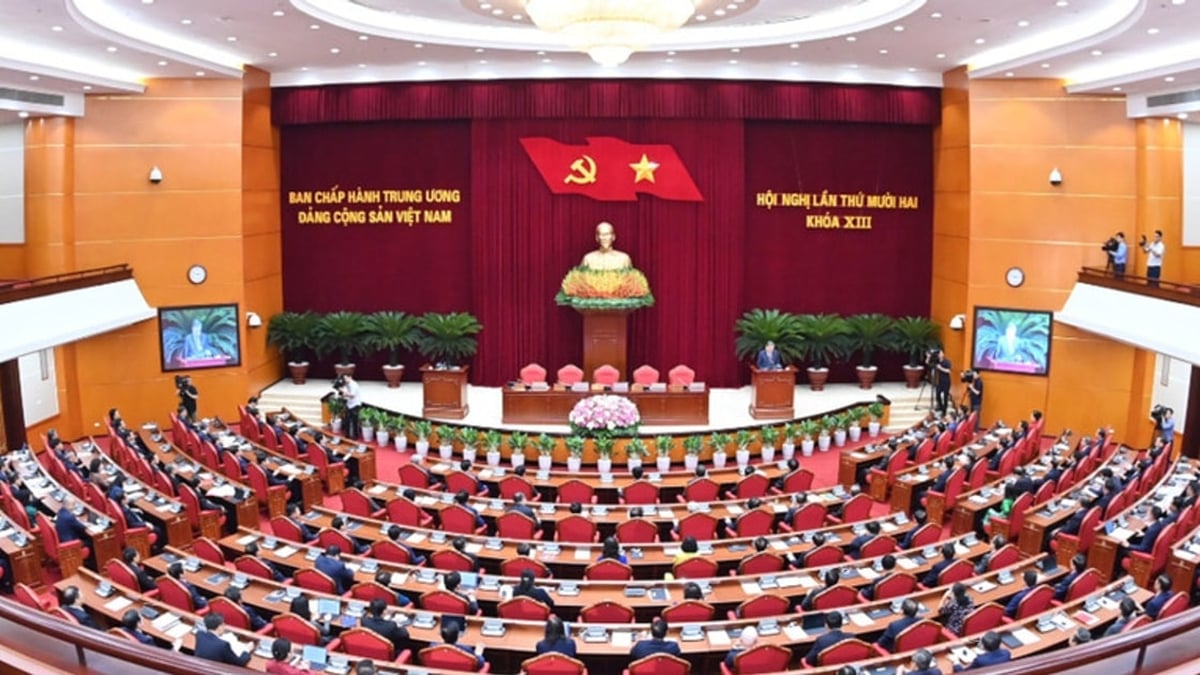

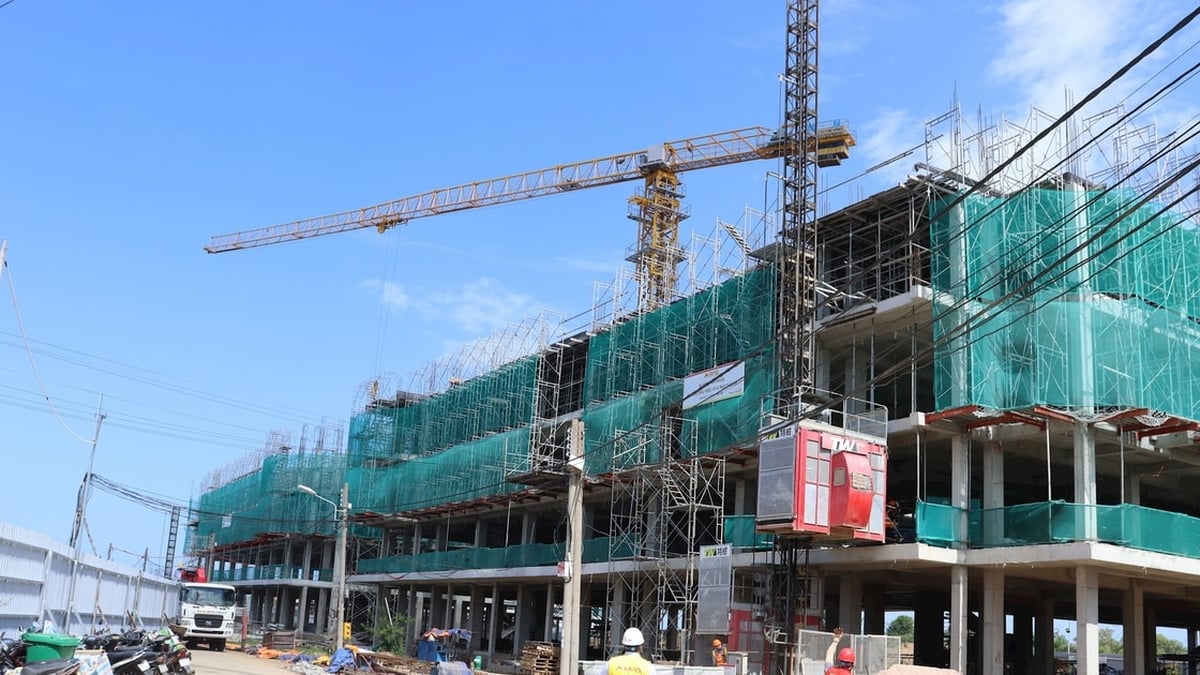
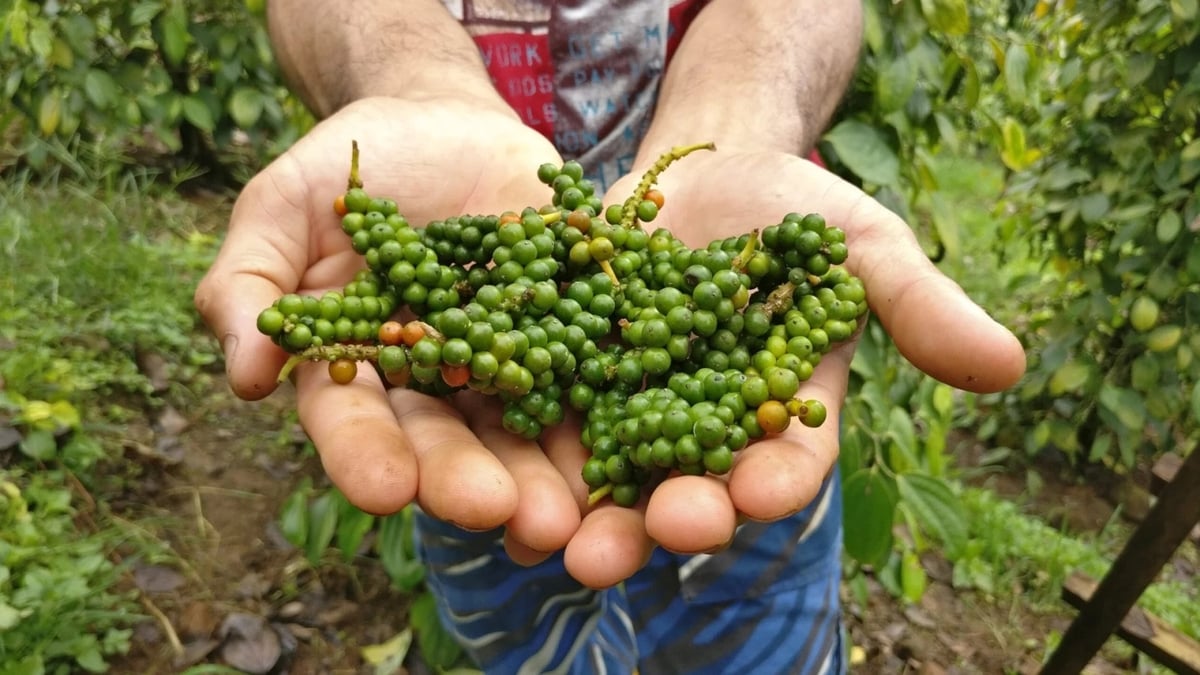


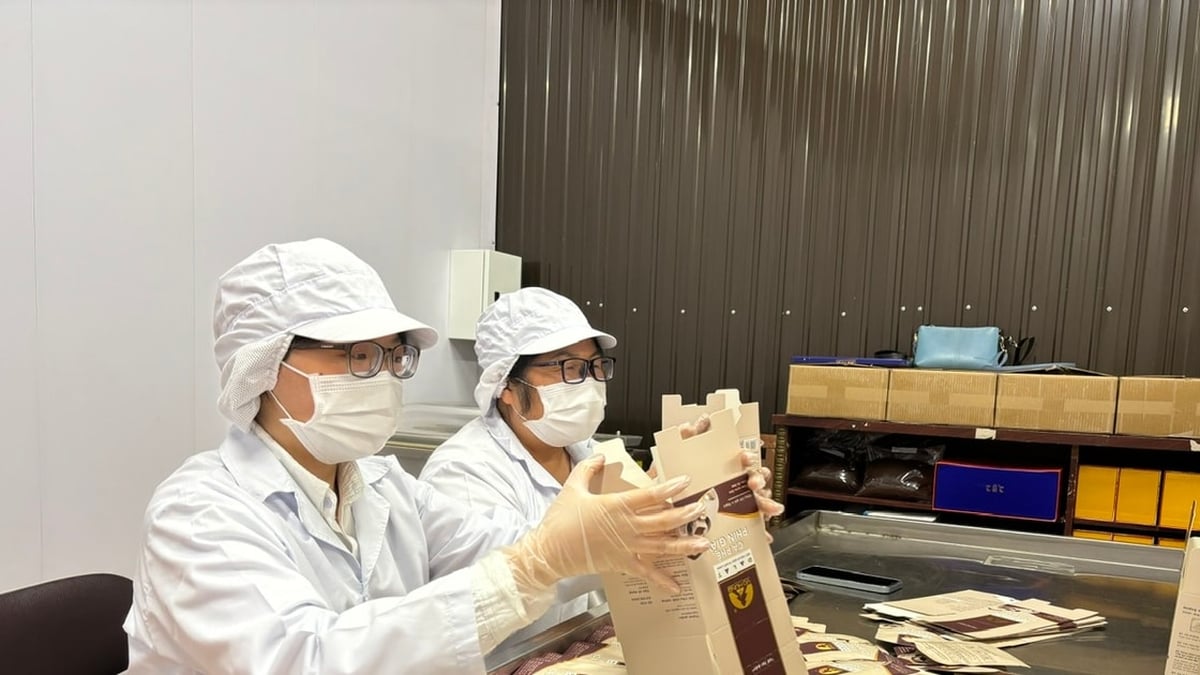
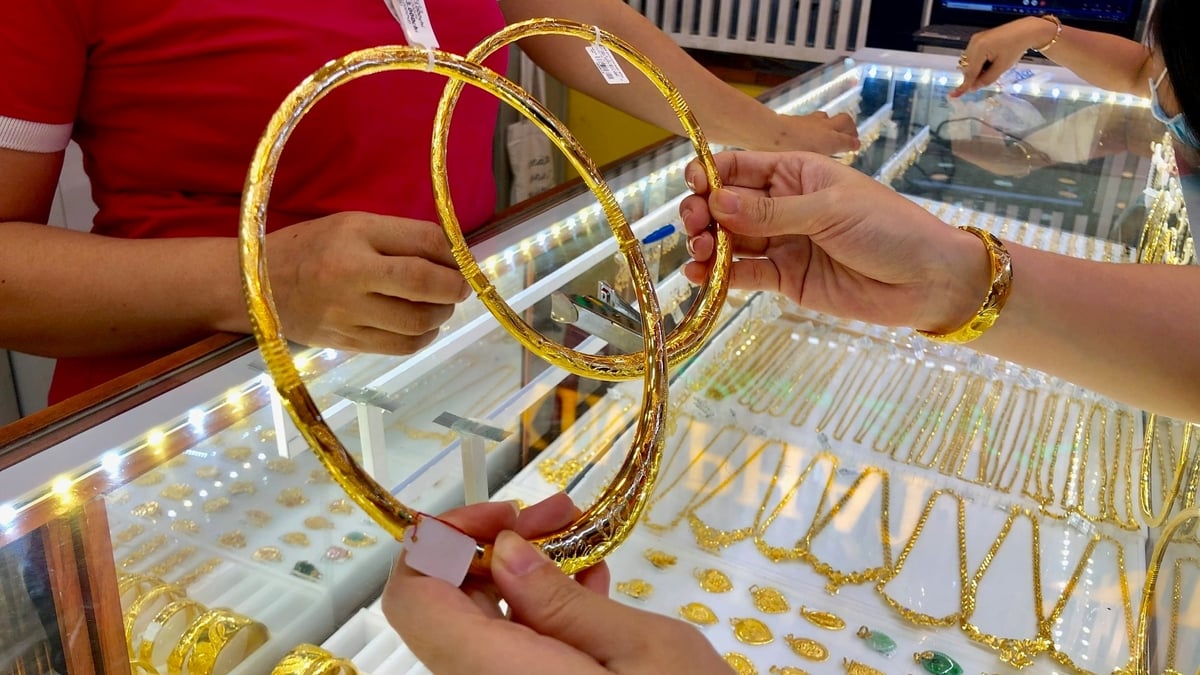













![[Photo] Signing of cooperation between ministries, branches and localities of Vietnam and Senegal](https://vphoto.vietnam.vn/thumb/1200x675/vietnam/resource/IMAGE/2025/7/24/6147c654b0ae4f2793188e982e272651)














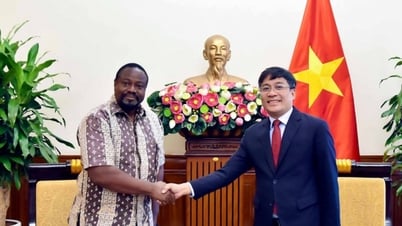





























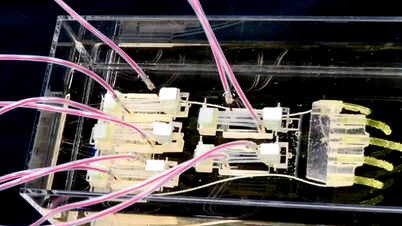


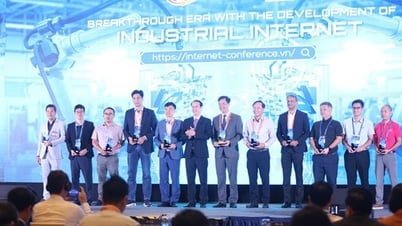

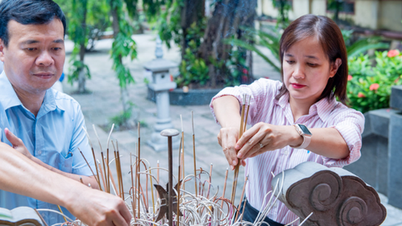


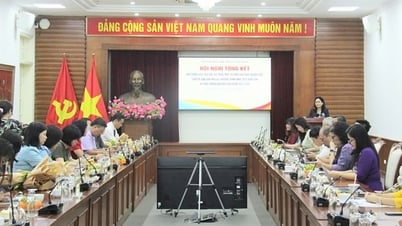

























Comment (0)